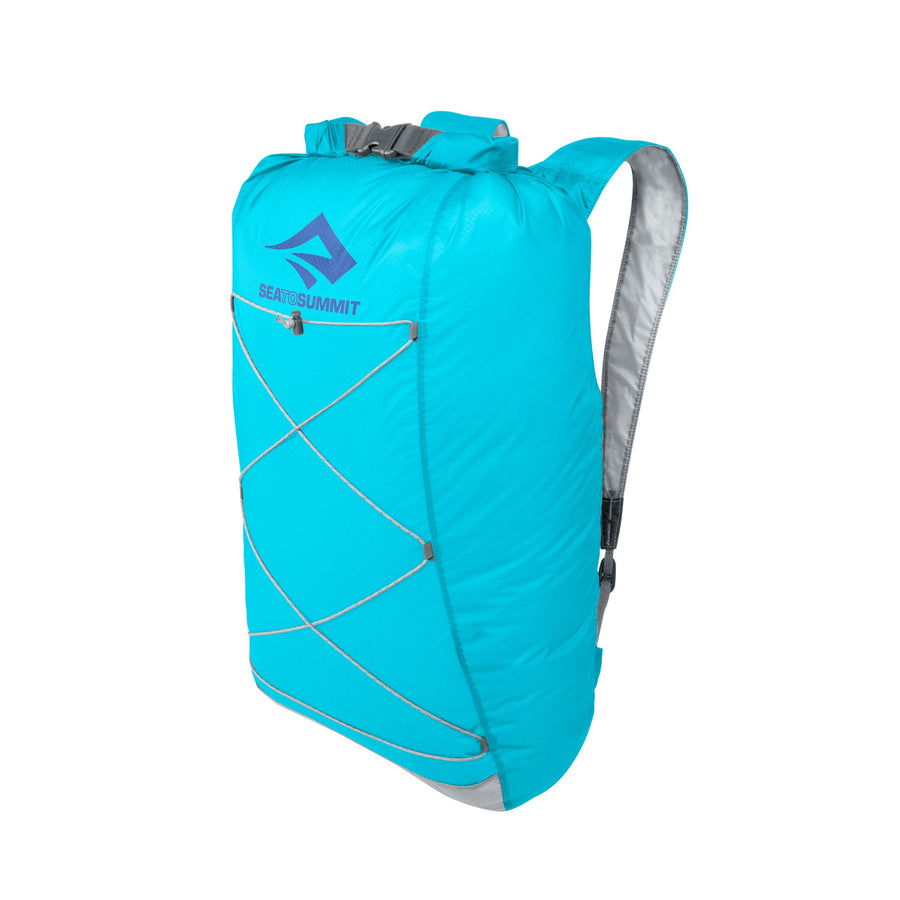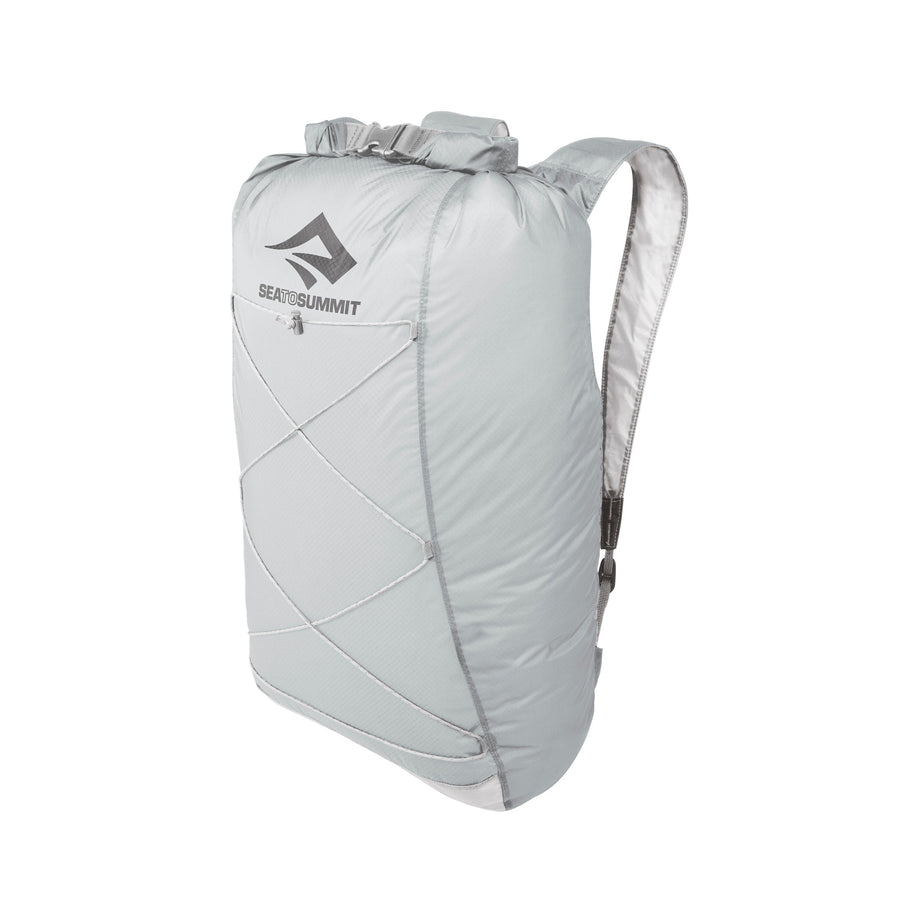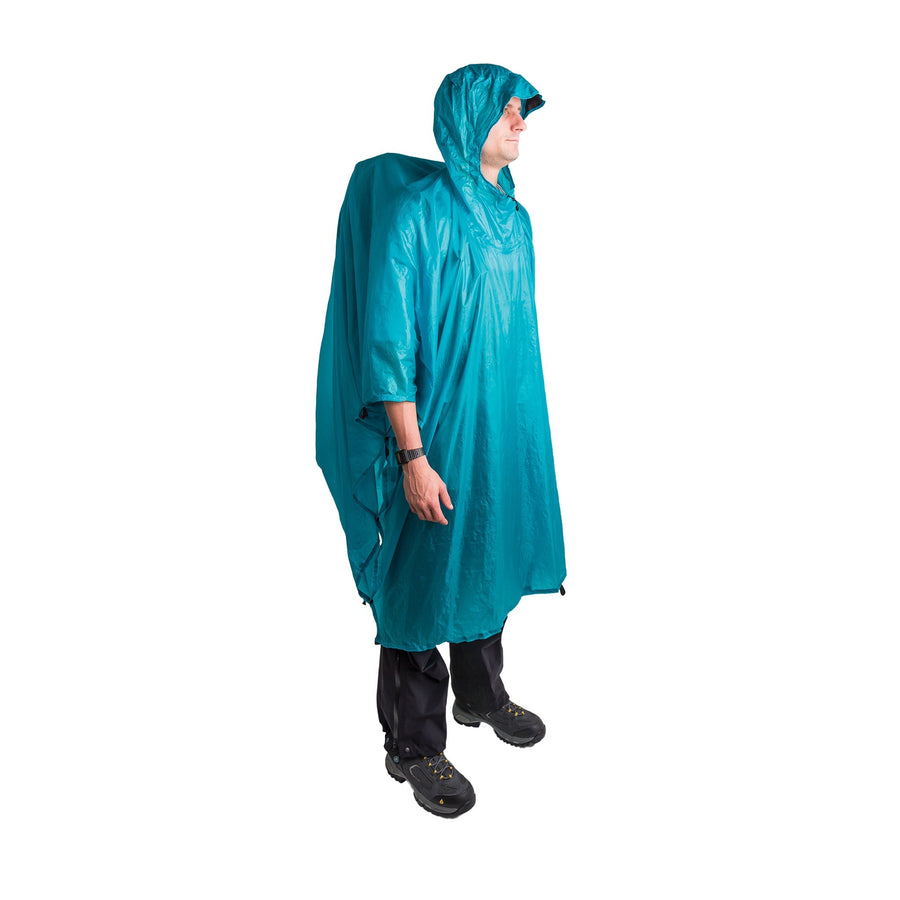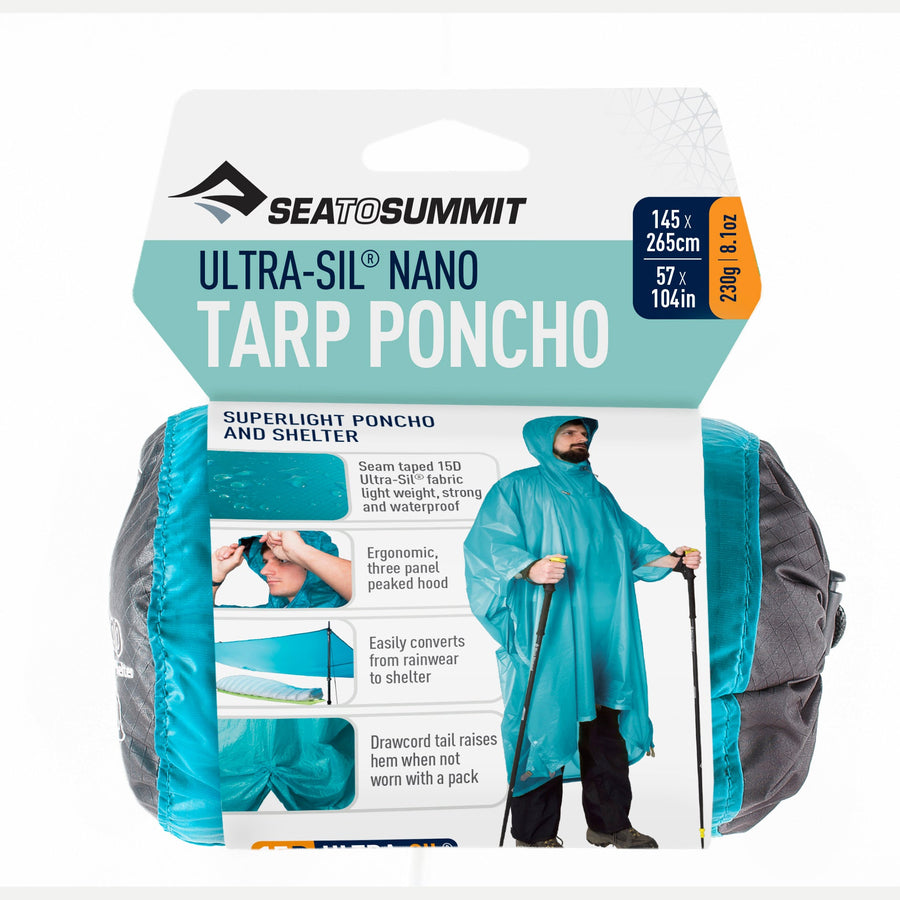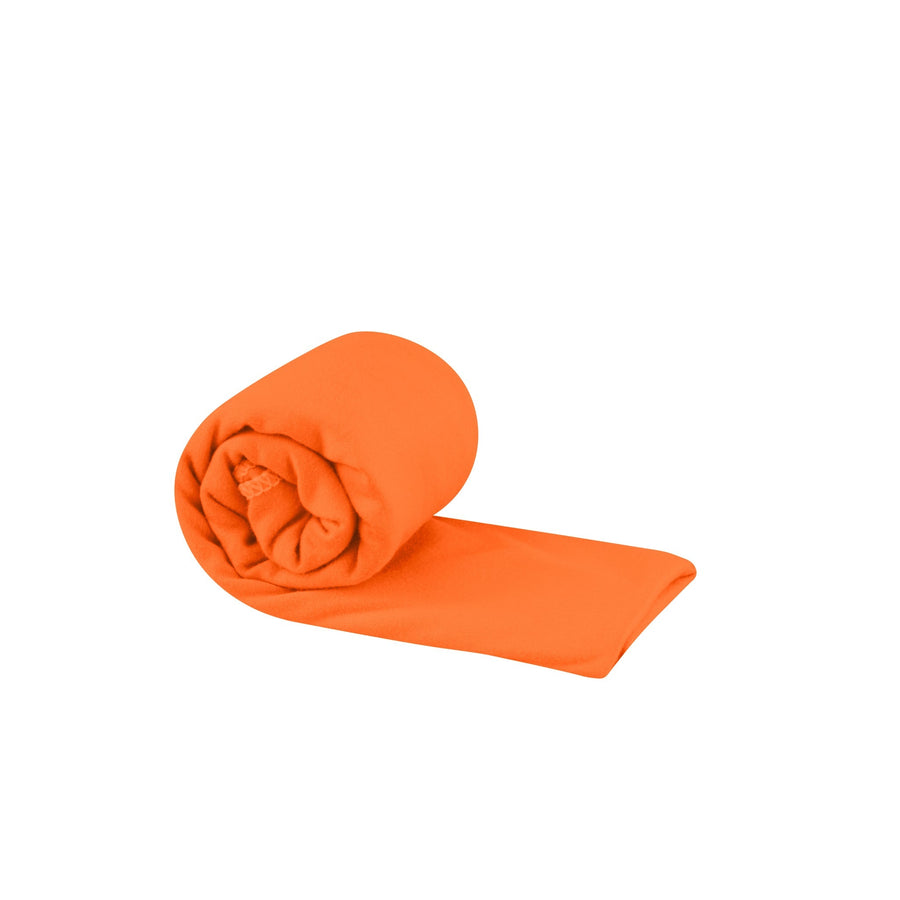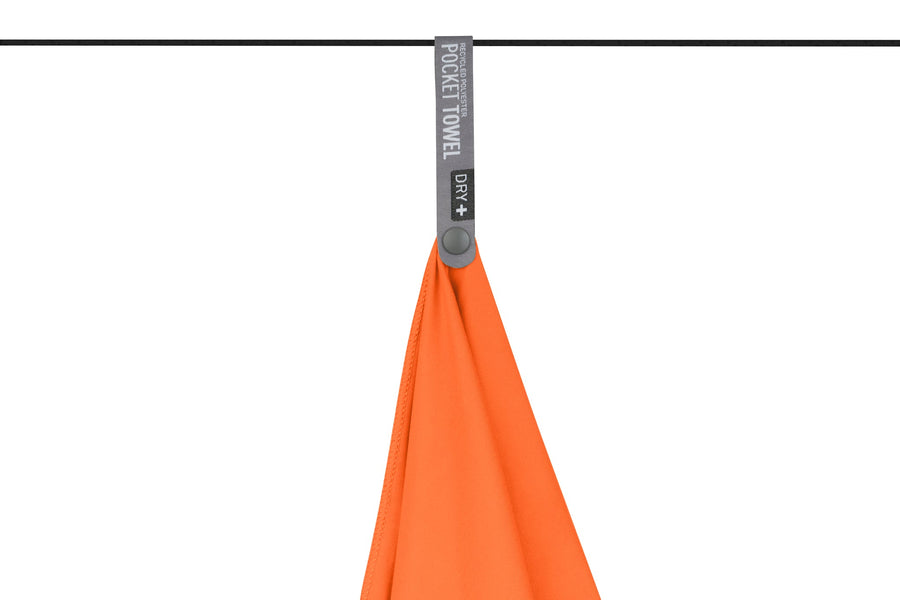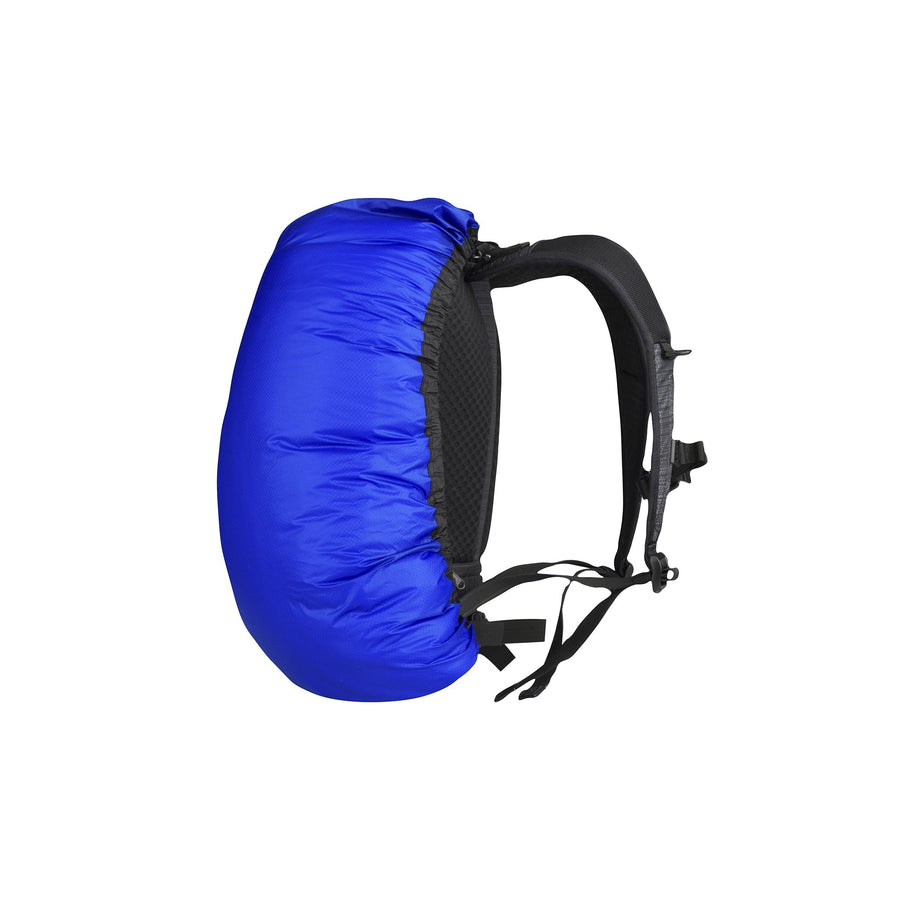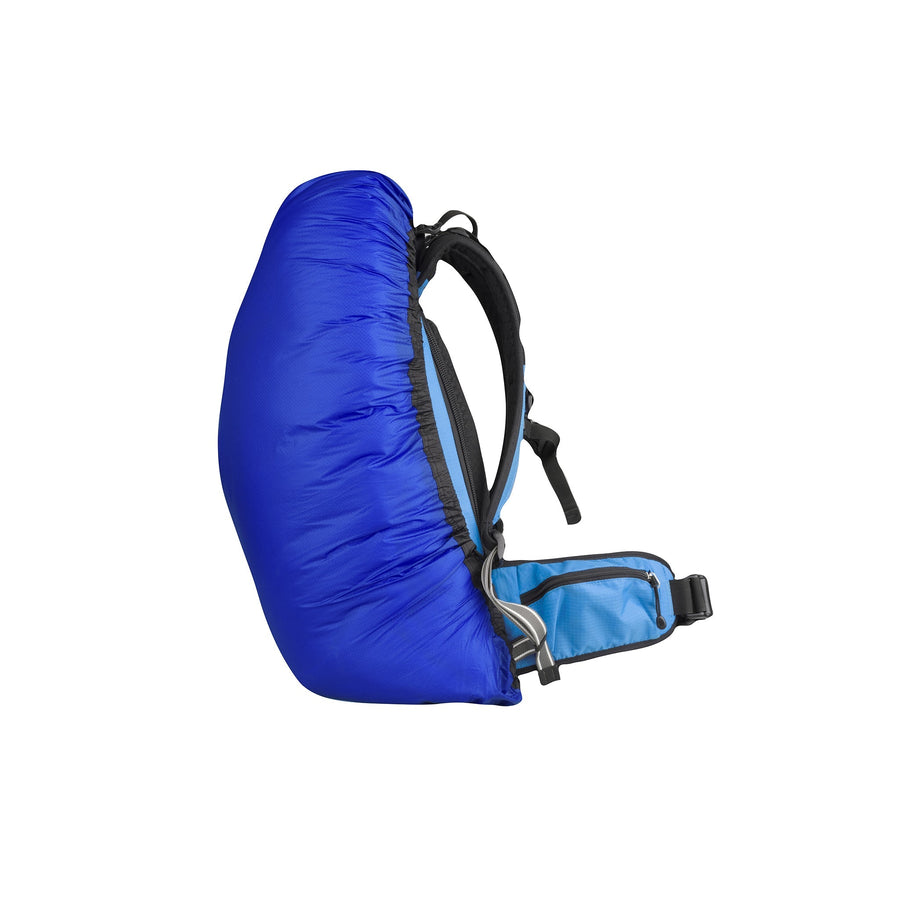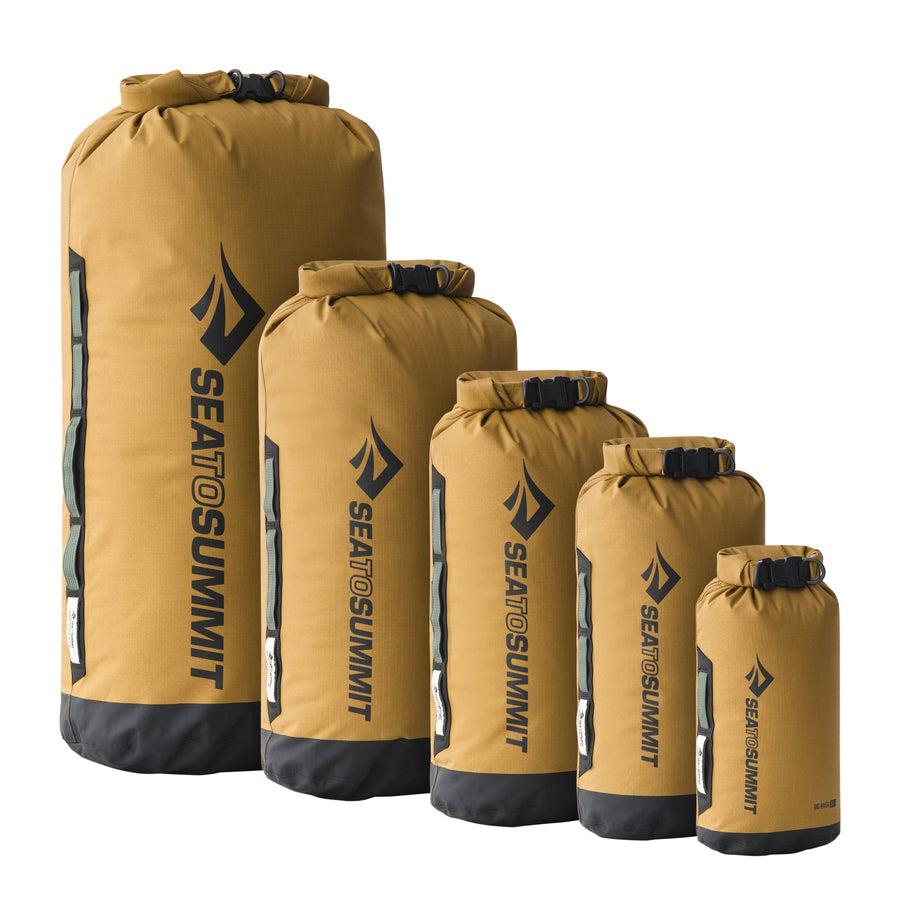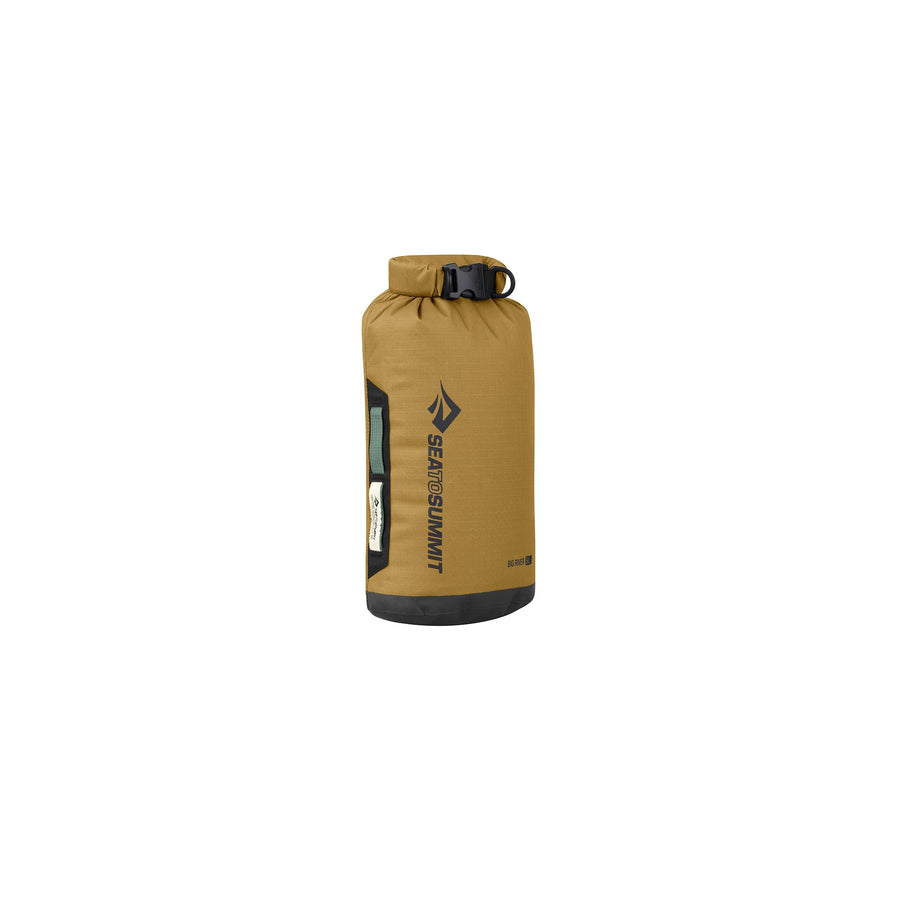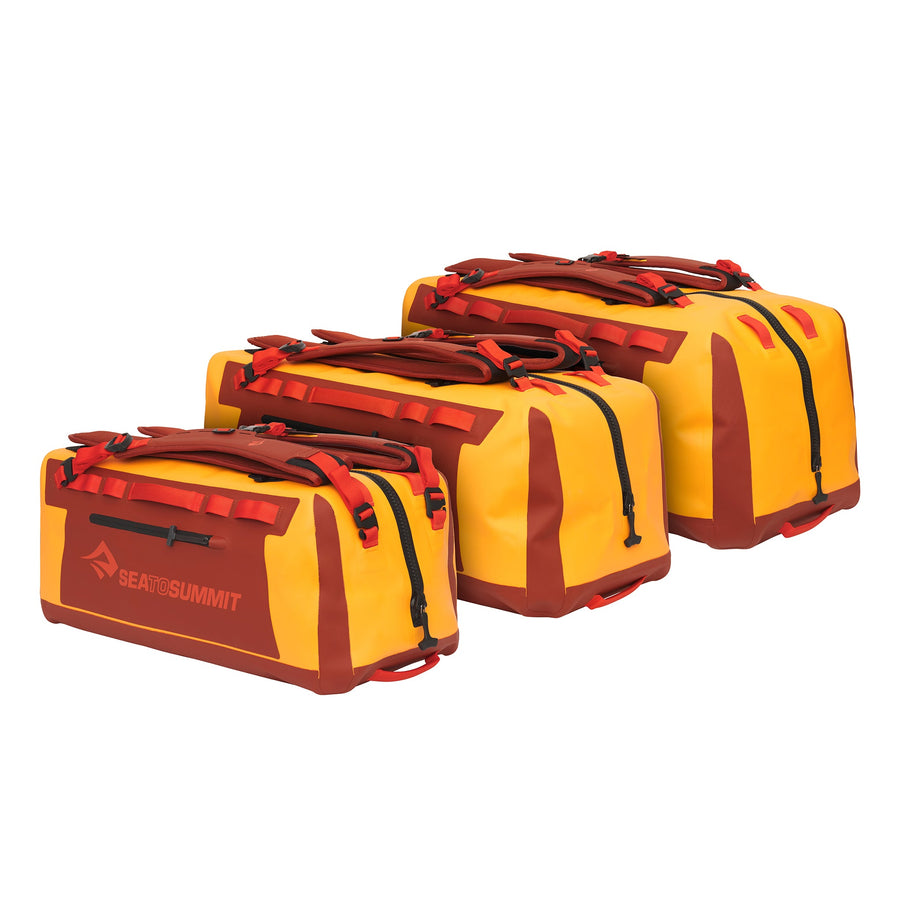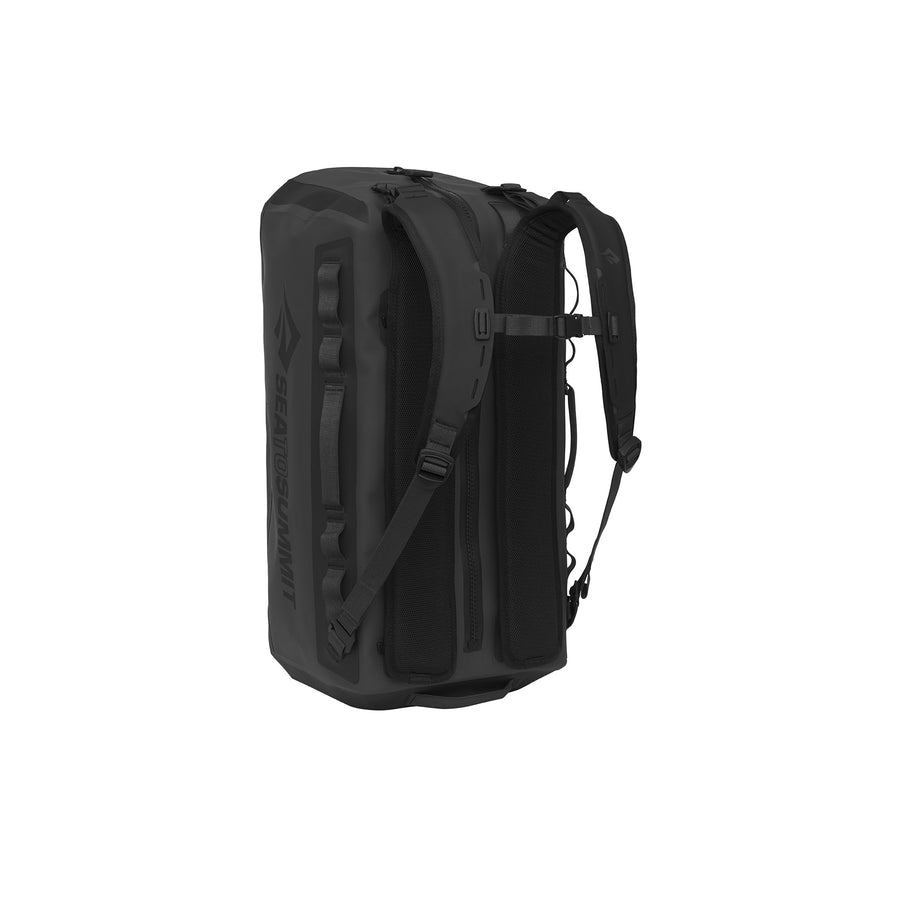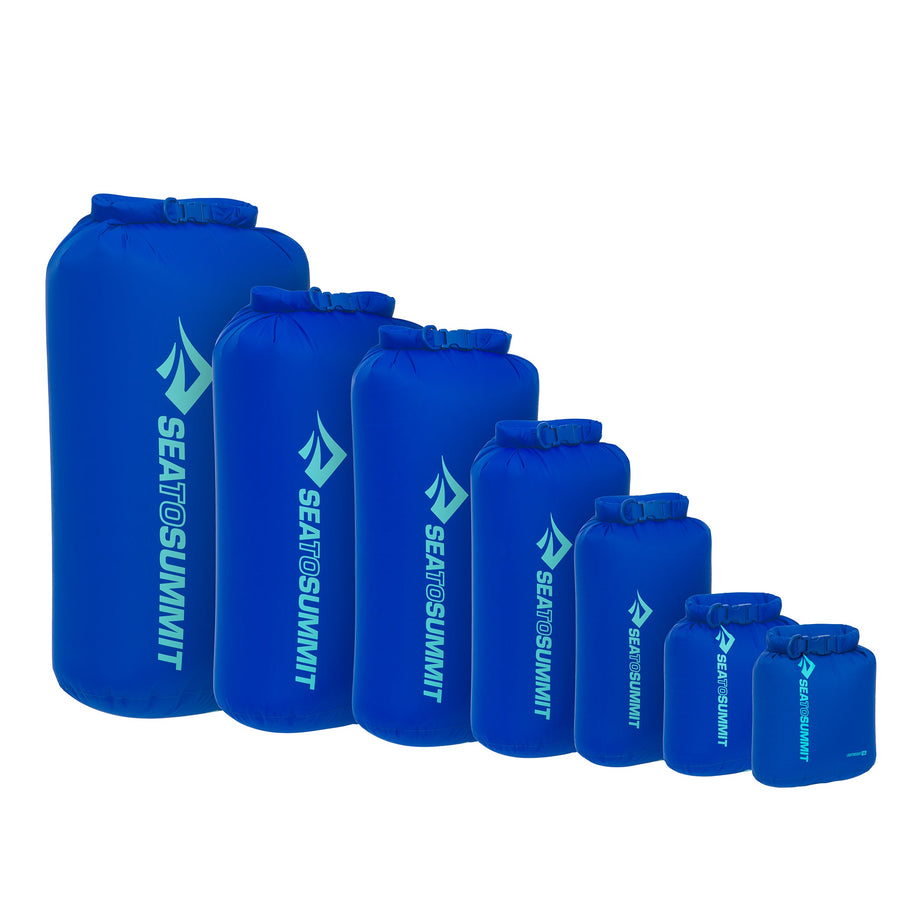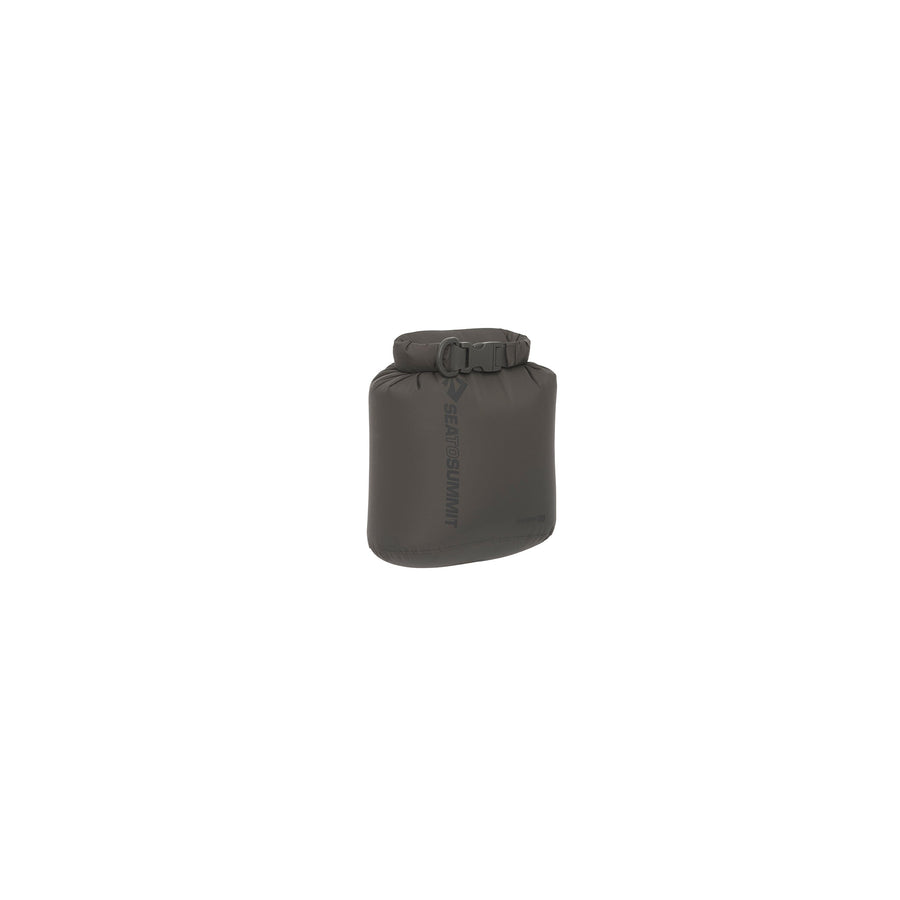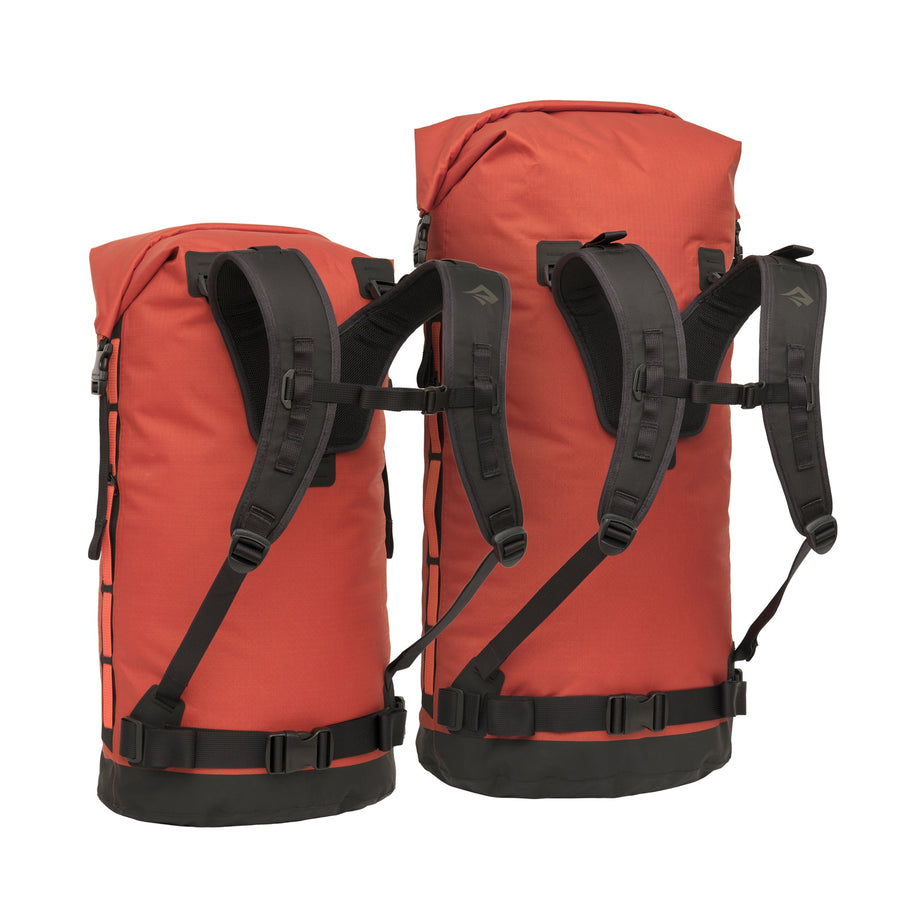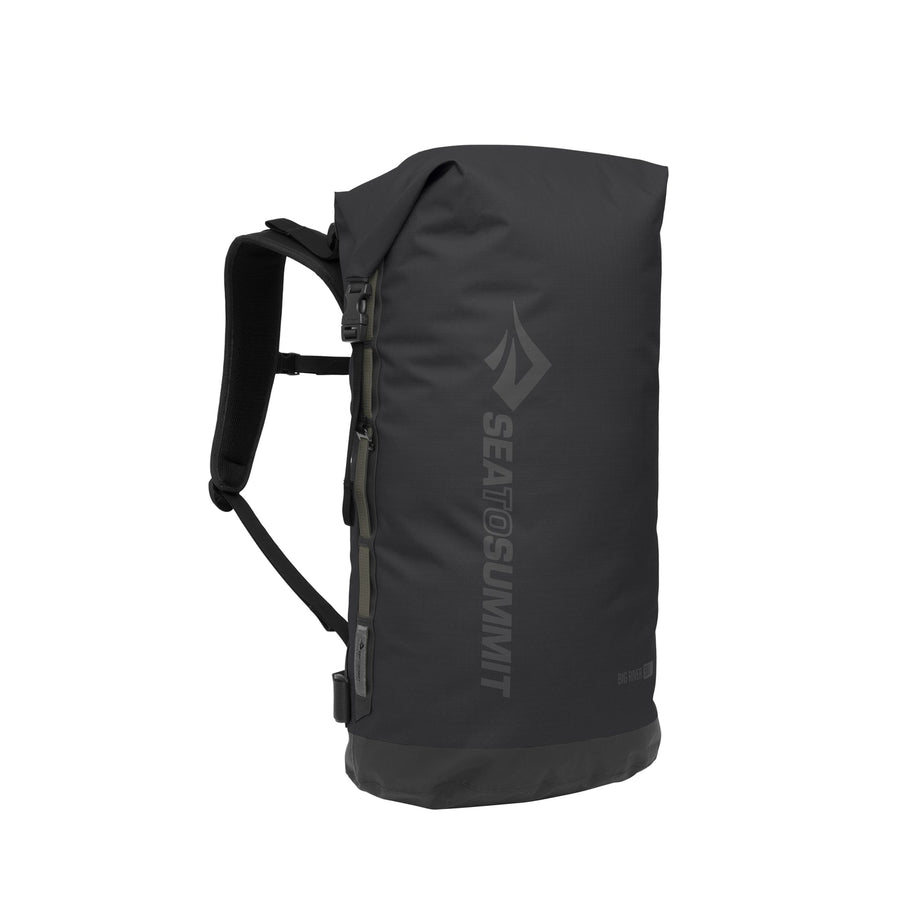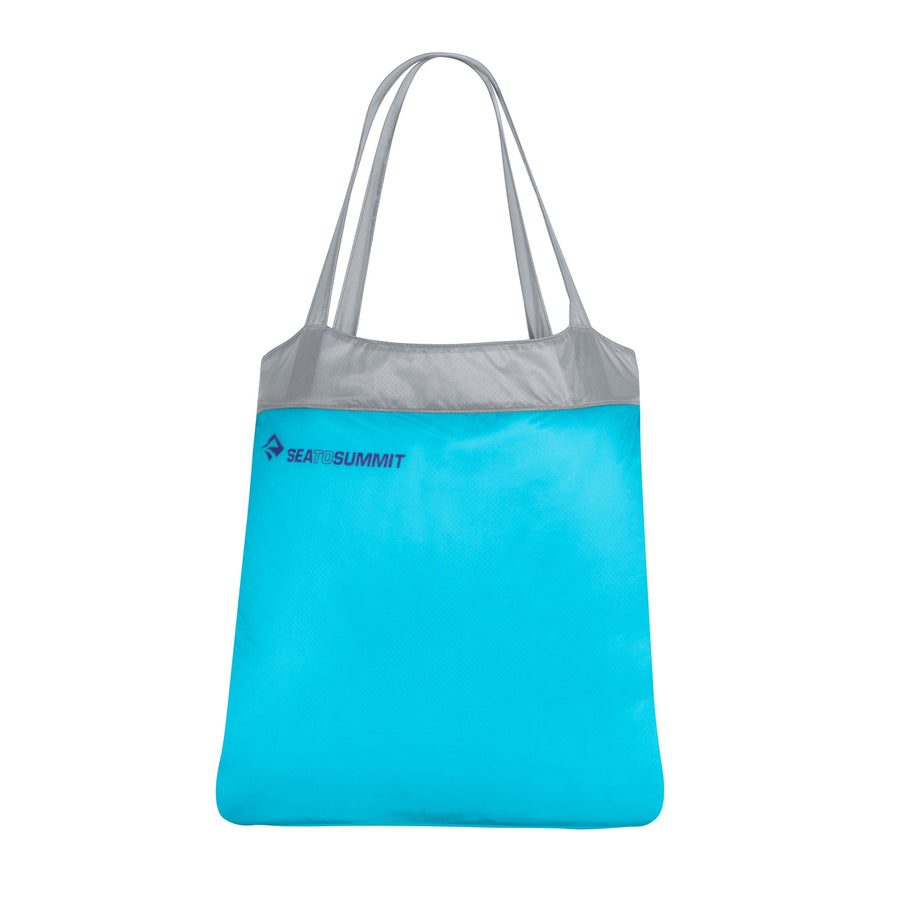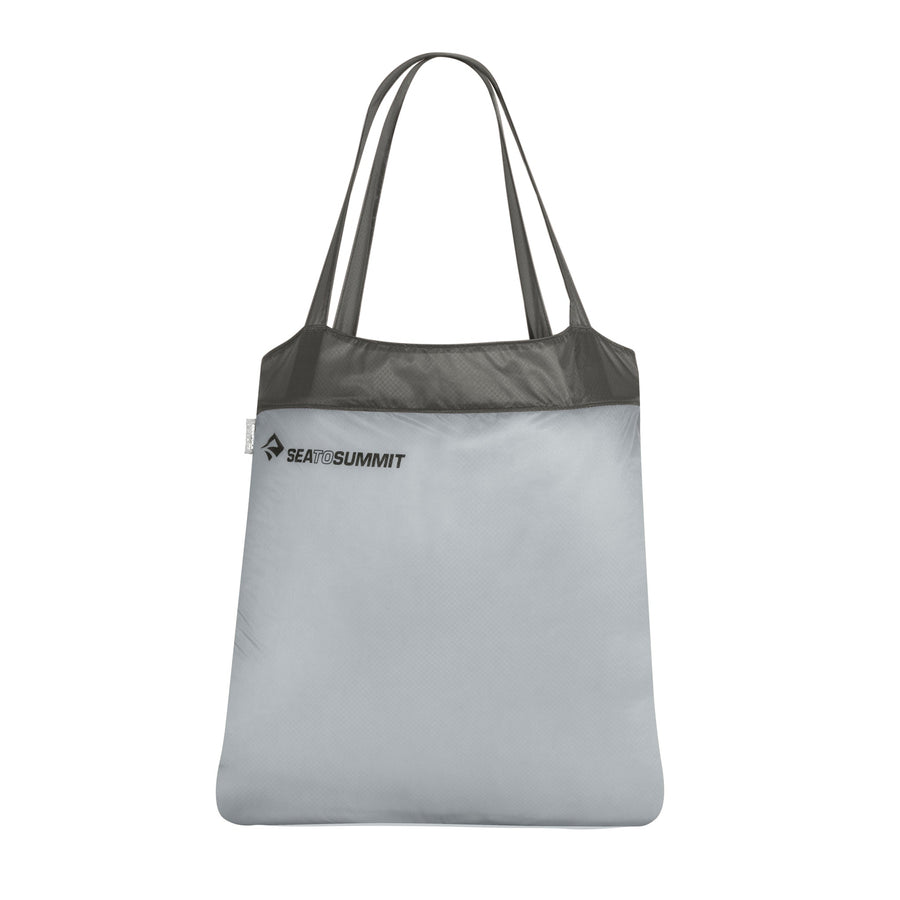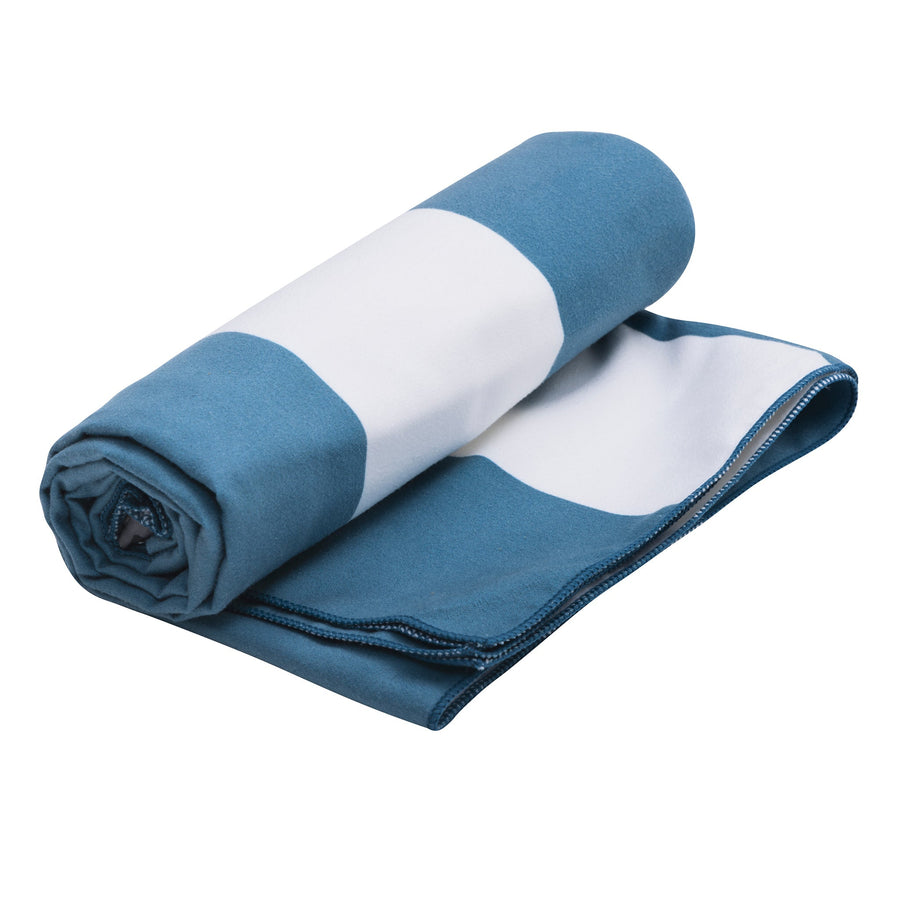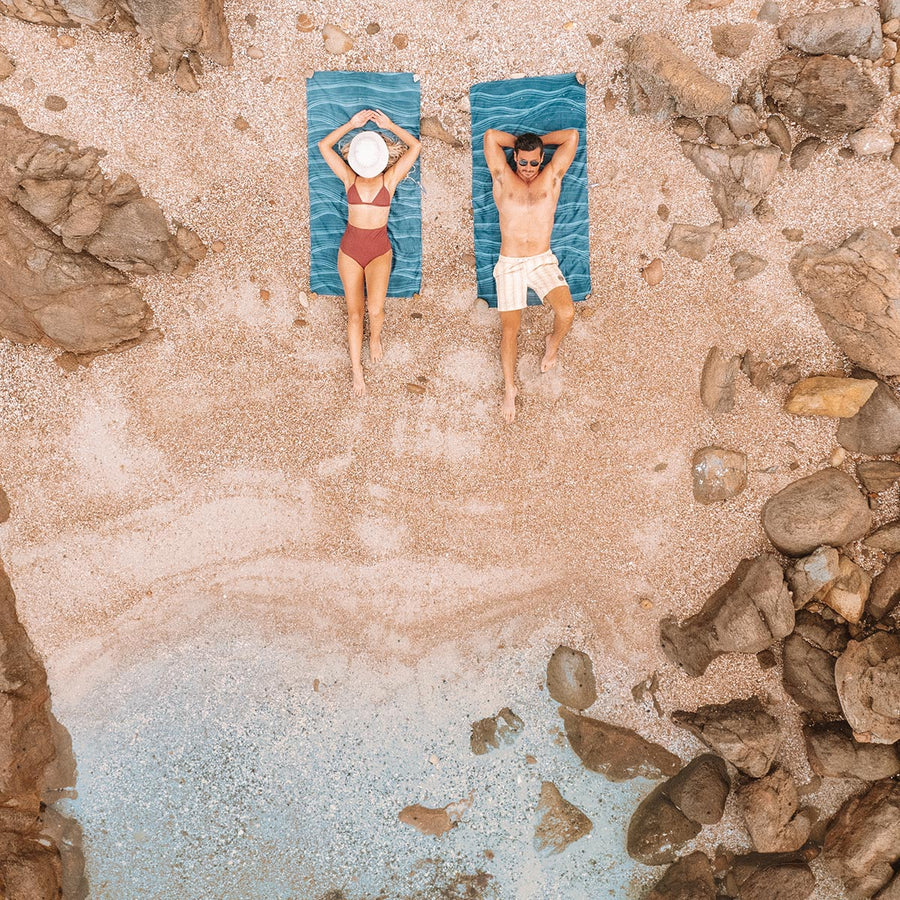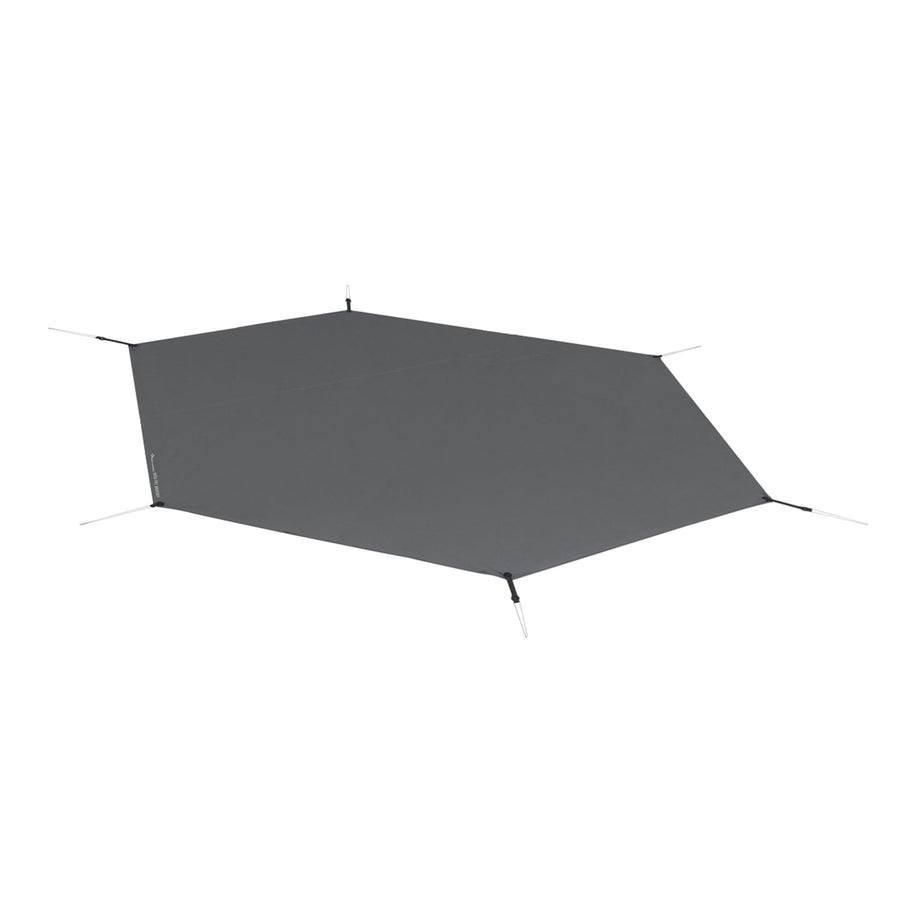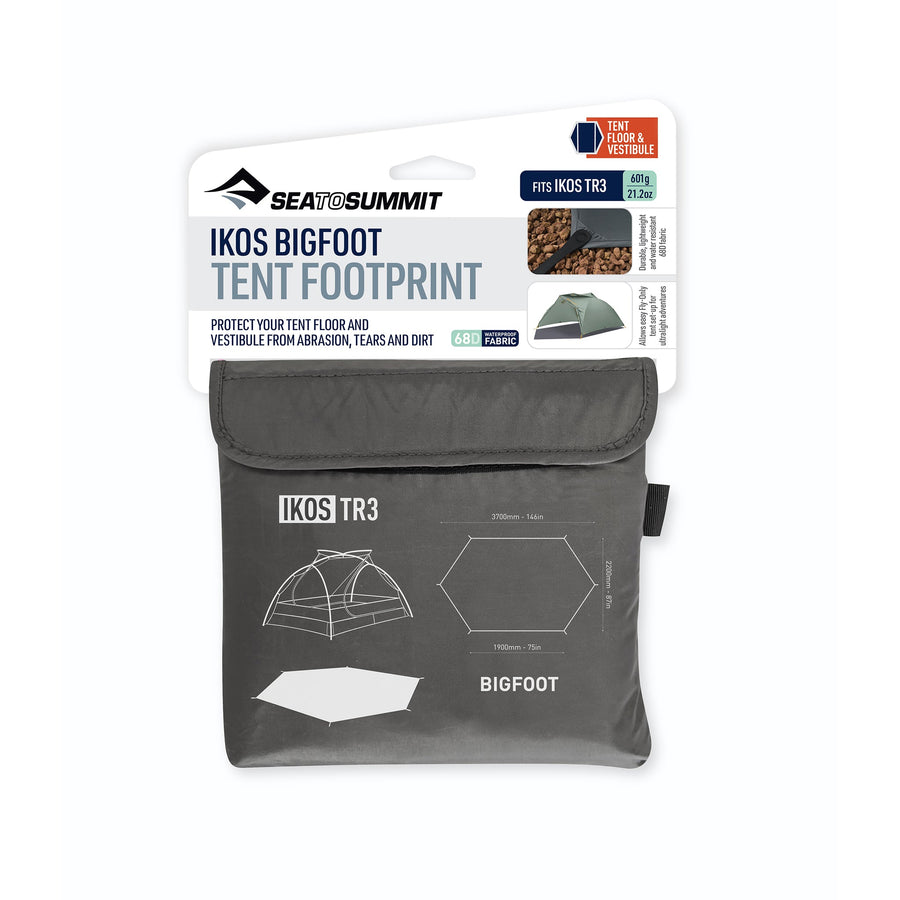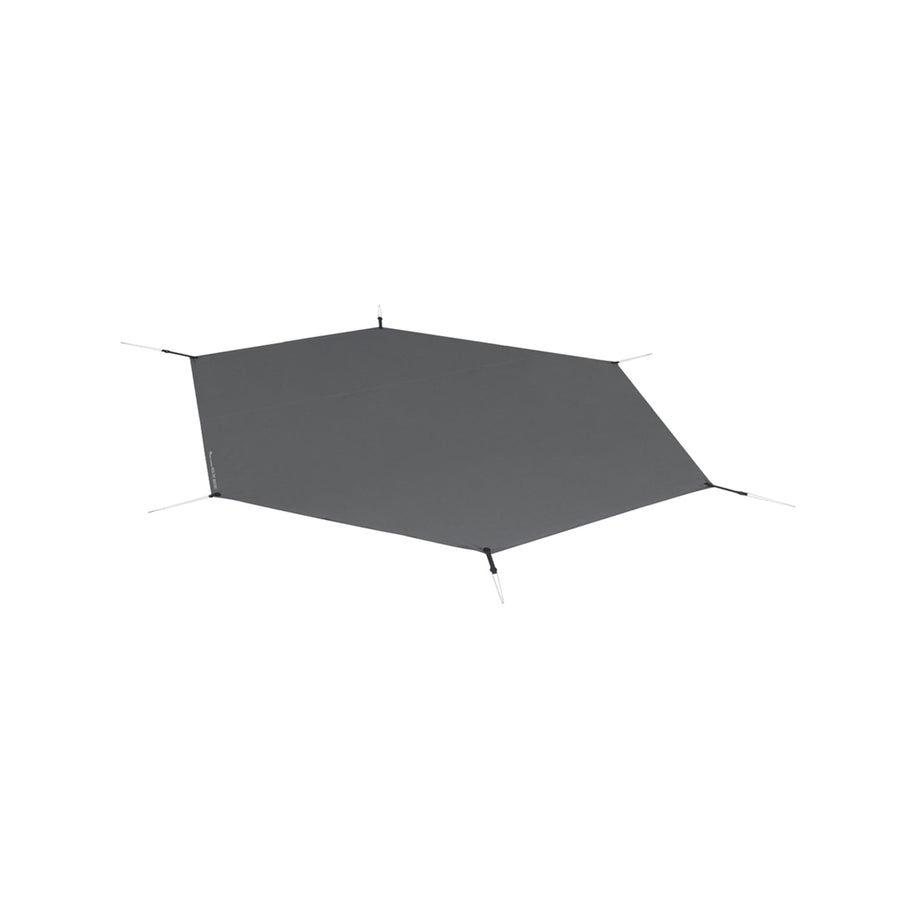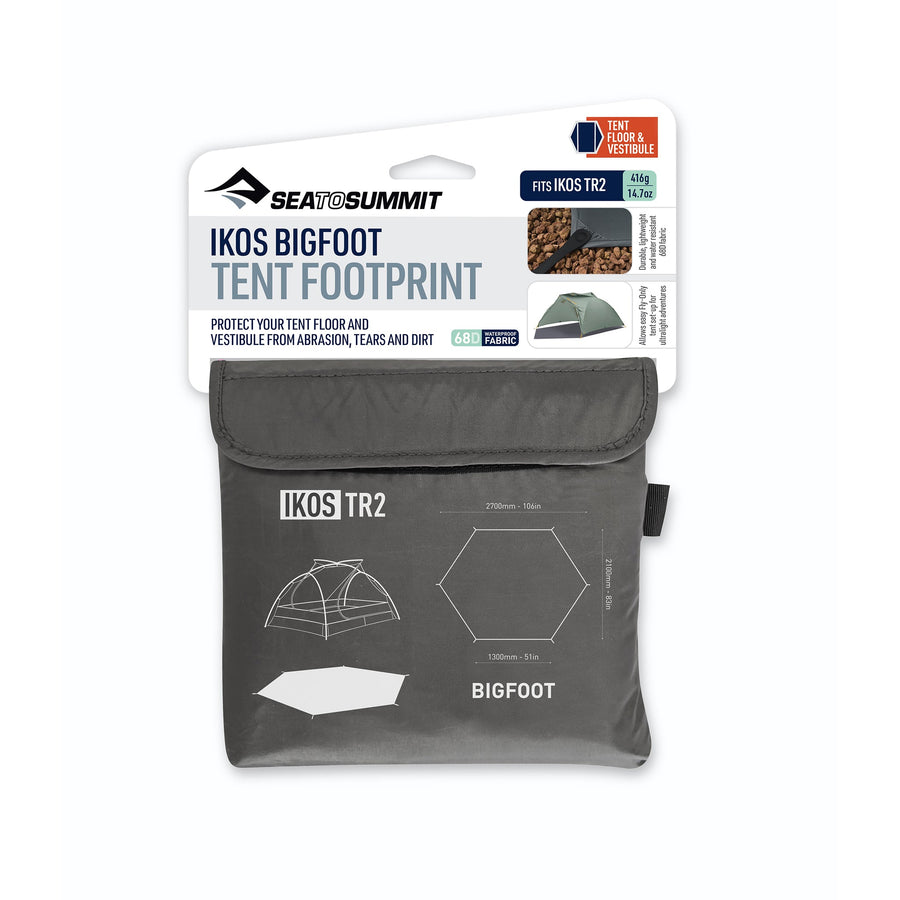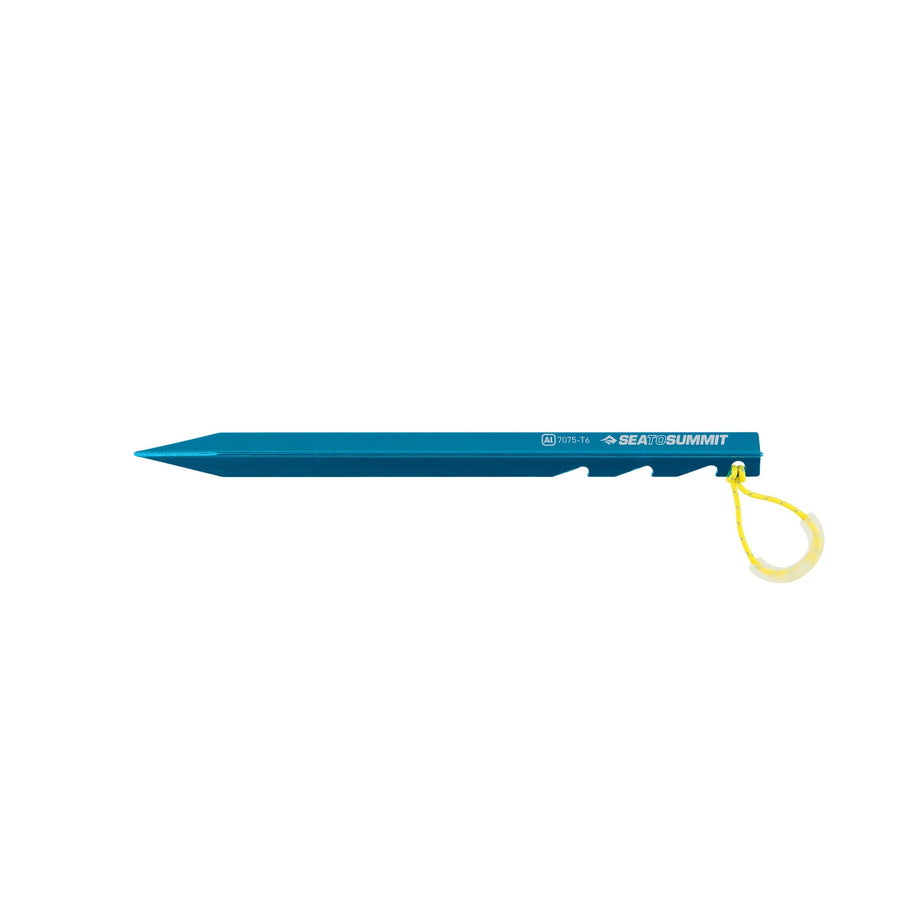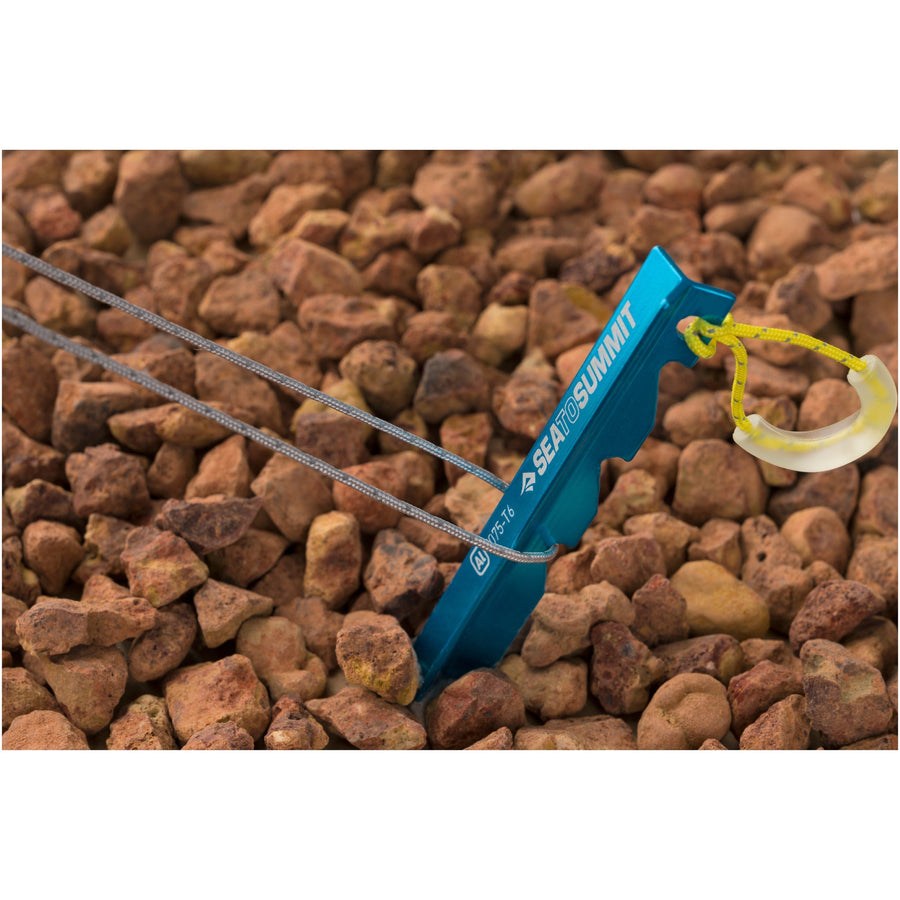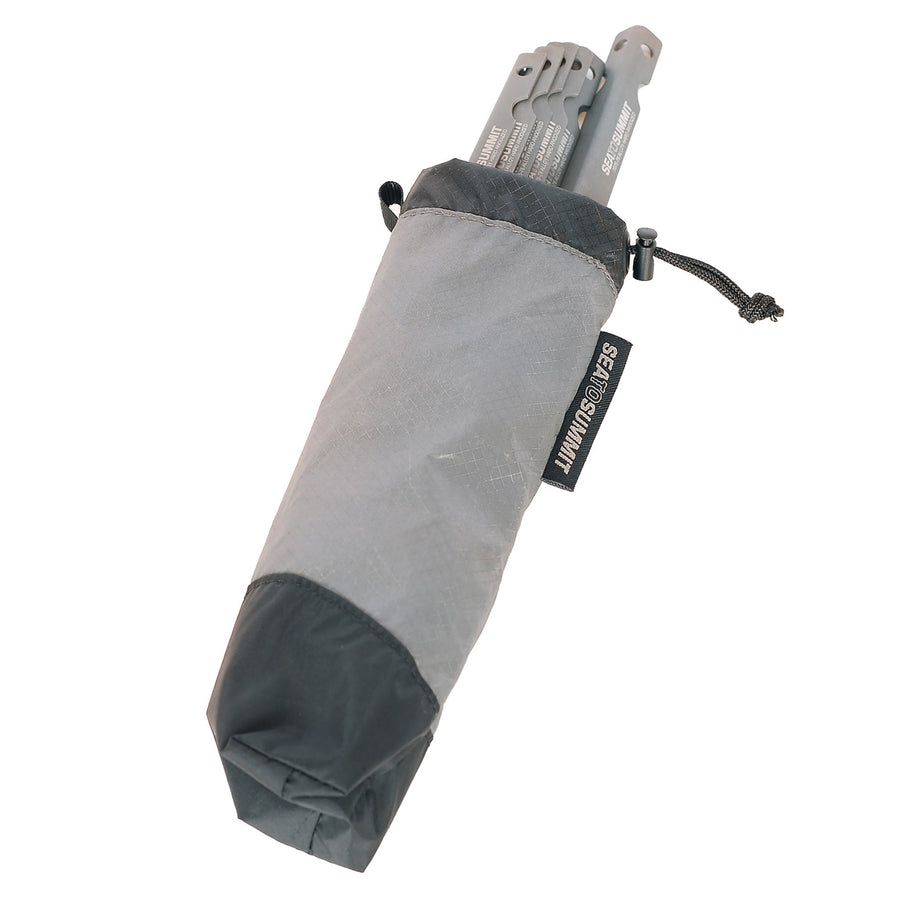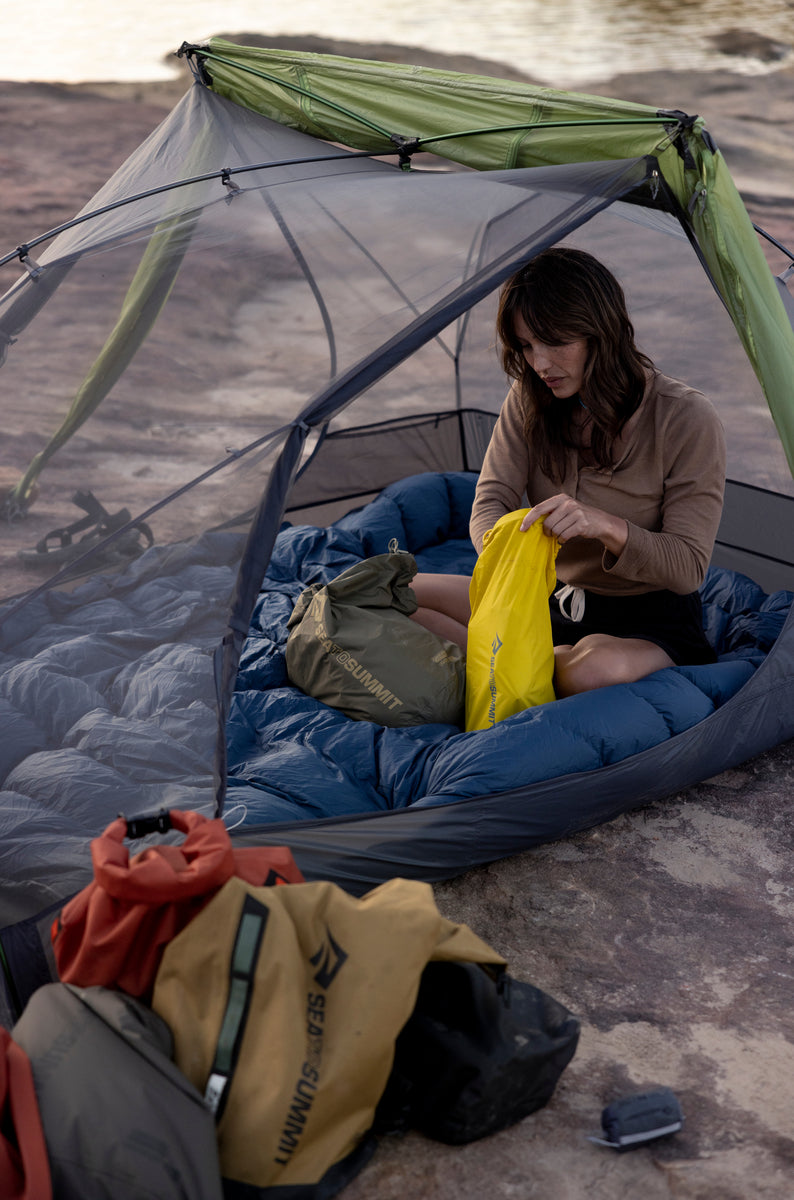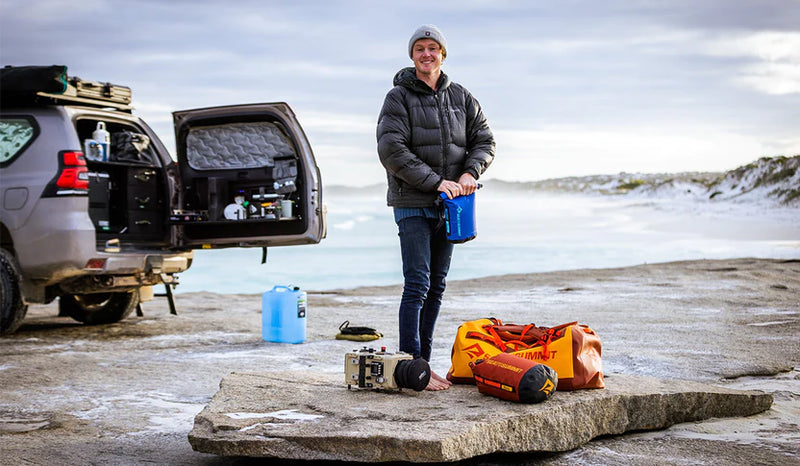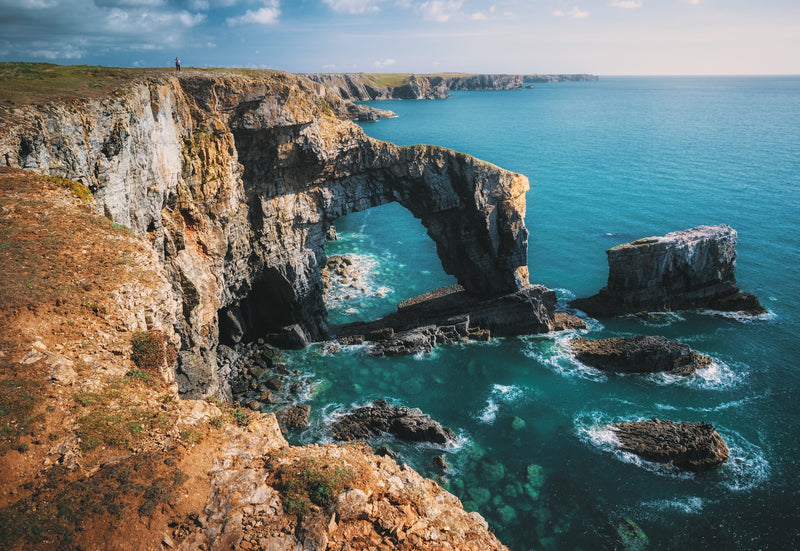A Guide to Ultralight Backpacking
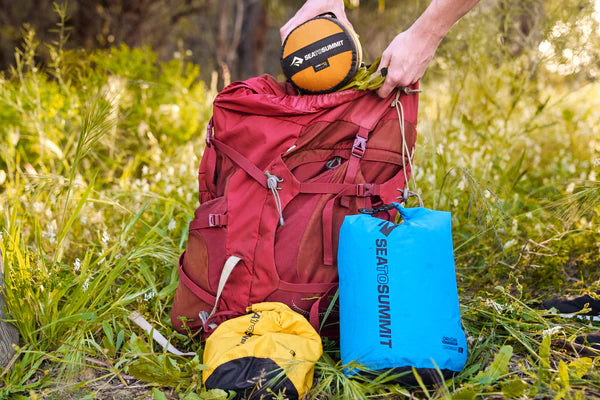
The old adage ‘less is more’ has never been more appropriate than for backpacking. Keen explorers will know the importance of travelling light and are safe in the knowledge that relying on fewer belongings can enhance your entire backpacking experience.
Although there is no official ultralight backpacking definition, it is a concept that many travellers are familiar with - this guide to ultralight backpacking reveals how you can lighten your load and pack more efficiently.
What is Ultralight Backpacking?
The whole point of ultralight backpacking is to carry the least amount of weight you possibly can while on your travels. It’s a sub-category of lightweight backpacking, a style of backpacking which consists of carrying the lightest amount of camping gear.
What Weight is Considered Ultralight?
Usually, a good backpacking base weight should not exceed more than about 20% of your body weight. This baggage weight should reduce further when you are going on a day-hike as you don’t want to make your trek too strenuous - a good guide weight to follow is sticking to around 10% of your body weight.
Whereas the base weight to be considered ultralight backpacking is under 4.5 kg. Although difficult to pull off, a super ultralight backpacker will carry half that weight and stay under 2.25 kg.
Going Ultralight With Your Gear
So, what do you need for ultralight backpacking? Space-saving camping gear, a methodical list of belongings and canny judgement is all you need to possess, as well as a few tricks up your sleeve.
When it comes to ultralight backpacking, you must be strategic and reduce the weight of your personal camping gear to conform to ultralight standards. Generally, you will have to start with the gear that tends to weigh the most, such as your:
Backpack

If your trip requires you to be on the move a lot, then ultralight backpacks are worth it. As a concept, ultralight backpacks are low in weight and are designed to rest comfortably on your back all while balancing the weight of your items.
It doesn’t matter how strategic you’ve been with your belongings if the bag you’re transporting them in is bulky and heavy. You will need a backpack that is streamlined but durable enough to carry your belongings.
A good example of a backpack that combines both is the Ultra-Sil Day Pack, weighing only 68g, this bare-bones ultralight pack is for those really dedicated to cutting out unnecessary weight. It can be used on its own as a solution for ultralight backpacking or packed into the attached mini stuff sack, for times when you’re downsizing to a day pack at camp. The perfect solution as a daypack yet strong, compact and light enough for ultralight backpacking too!
Tent (or shelters)
Depending on the environment and country you’re camping in, if the temperatures are high, there are few bugs and the ground is dry, you can camp with a less complex pitch. In this scenario, the Poncho Tarp may be the way to go. As well as providing shelter, the poncho tarp is your rain garment and pack cover during the day.

If pesky insects have managed to invade your camp, you can combine the Nano Mosquito Pyramid Net with the Poncho Tarp to provide bug protection. Due to our unpredictable weather, this may not be the best option if you’re camping in the UK.
In this case, it may be best to opt for an ultralight tent instead of a shelter. The Alto TR1 (for a solo hiker) or Alto TR2 (for two people) offer far more interior volume and better ventilation than almost any other ultralight tent. They also have a few extra comfort features (including a mesh inner).
Sleep system (sleeping bag and mat)
We all know how important it is to get a good night’s sleep before exploring, but when ultralight backpacking you need to save as much space as possible and as a rule your sleeping bag should weigh around 1.4 kg or less. Some of our most lightweight sleeping bags include the Spark SpI 5°c and Flame FmIII -4°c. Our ultralight sleep quilts such as our Ember Ebl 10c are also a great space saving alternative to those who find sleeping bags restrictive. Cosy, and lightweight they save space without compromising on comfort and a quality nights sleep.
For more sleeping bag tips, check out our detailed sleeping bag buying guide.
For comfort and warmth, you should consider bringing along a sleeping mat. Don’t worry about taking up too much room as the Ultralight Mat features a single layer of medium resolution Air Sprung Cells™ to give you the lightest and smallest packed-volume mat without compromising comfort. Substituting a heavy weight sleeping bag for an ultra lightweight mat and bag combination saves space and prevents the loss of heat through the ground, keeping you snug without the extra weight.
How to reduce the weight of your sleep system further
Whether it's tucked in within your luggage or hooked onto your backpack, to abide by the ultralight backpacking rule of thumb, you will need to reduce the weight of your sleep system.
Those that have minimal space are best choosing a down sleeping bag, as this has better compressibility than a synthetic kind.
If you need to create additional space in your luggage, all our sleeping bags come with a compression sack for tight, lightweight packing. For extra protection against moisture it’s worth purchasing an eVent Compression Dry Sack, not only will this help reduce the size of your pack, it will also keep your sleeping bag dry from any moisture.
To keep your entire sleeping system safe and dry in your pack you’ll need a dry storage option – depending on your preference and the environments you will find yourself in, you can also use an eVac Dry Sack or Ultra-Sil Compression Dry Sack.
Creating an Ultralight Camp Kitchen
If cooking is on the agenda, then the ultimate choice for ultralight backpackers is a lightweight stove. Just be wary of the material of your cookware and check compatibility with any pots and pans used if you are using them over an open fire.
Although it is a few grams heavier than some ultralight cookware, the X-Pot/Kettle with a broad aluminium base is great for gentle cooking or boiling food. Another advantage of this is its ability to collapse down.
For a multifunctional serving solution, the Delta Bowl is an ultralight option which pairs perfectly with the versatile Alphalight cutlery set.
It’s recommended that ultralight backpackers carry a maximum food weight of 2.2lbs per day. You should remove any excess bulky packaging and carry the food in a lightweight sack like the Ultra-Sil® Dry Sack. This also beneficially doubles up as a bug deterrent at night.
For washing your pot, bowl, and mug (and for personal hygiene), a 40ml bottle of Wilderness Wash covers all the bases, and a Pocket Towel works to dry you off.
Our Top 3 Ultralight Backpacking Tips
1. When ultralight backpacking, it’s key that you don’t overpack! Start with a small ultralight backpack for guidance. You should be conscientious with your belongings and pick out all the items you can do without.
2. Stay safe. Just because you’re reducing the weight of your backpack, you should never curtail your safety belongings. Whistles, emergency blankets and a scaled-down first-aid and repair kit should all firmly remain in your backpack.
3. Think about when you will be stocking up - on your down days, you can replenish your supplies. Depending on your environment, you may be able to shop for groceries, do laundry, dry out your shelter and sleeping bag as well as eat all the comfort food you’ve been missing.
Your essentials…
Be prepared for your adventures any time of the year with the right equipment. At Sea to Summit, we specialise in lightweight tents, sleeping bags and a wide range of camp kitchen essentials designed to make your trip as enjoyable as possible. Browse the full collection and update your kit ahead of your next adventure.
Don’t forget to tag #seatosummituk in your social media posts when you’re exploring so we can share your experience and see how your camping trip went.
